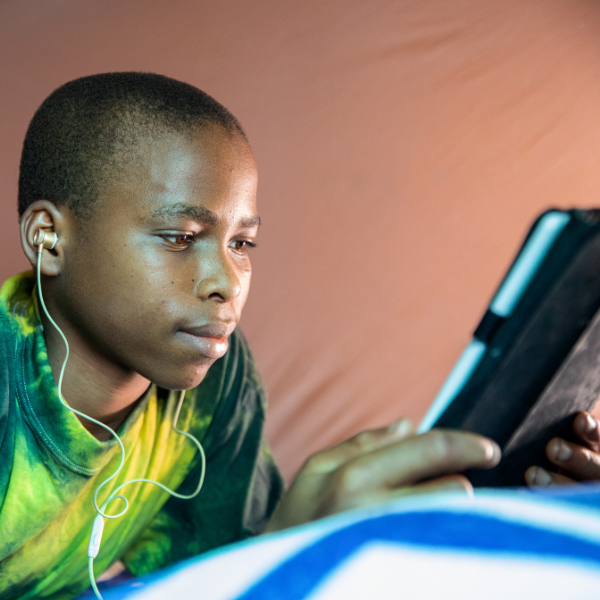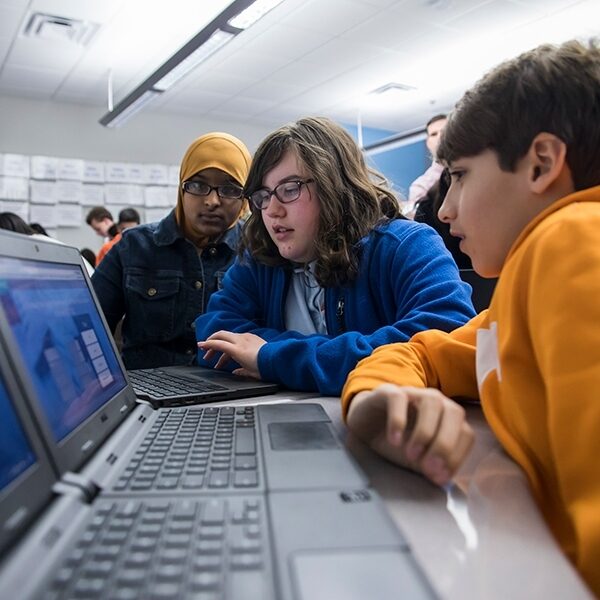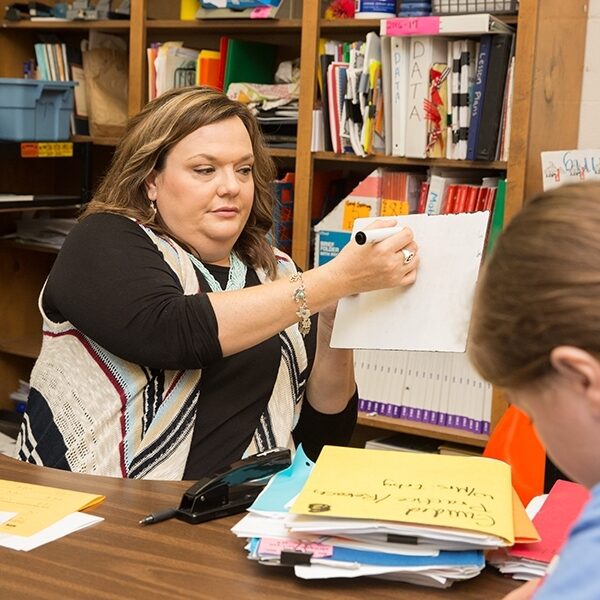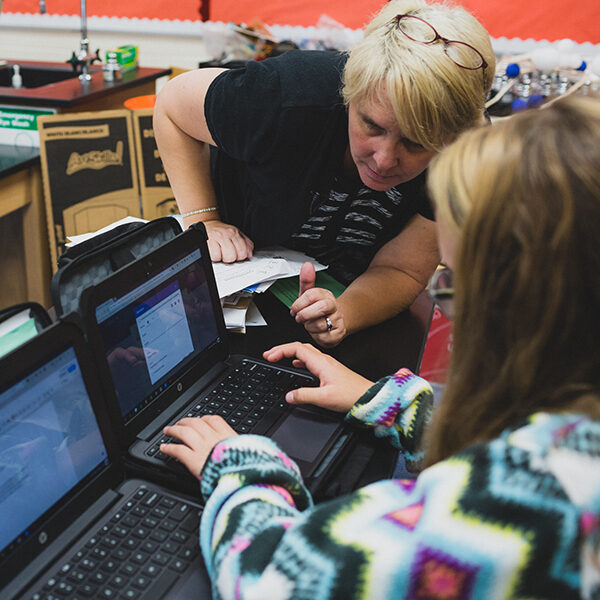
High-quality virtual and hybrid learning (VHL) has tremendous capacity to expand access and opportunity to rigorous, relevant, and engaging education opportunities for students who need an alternative or supplement to traditional brick-and-mortar schooling. We know these models exist across the United States, many of which have considerable evidence that they can facilitate learning acceleration for […]

We’re often asked to explain how virtual learning outcomes compare to those in traditional, analog classrooms. This is a fairly straightforward question to answer based on research: generally speaking (and outside of emergency models launched during global crisis), virtual experiences have been found to be as good as in-person ones. Additional evidence suggests that blending […]

The call to teach digital citizenship has been heard by schools around the world, yet there are a few schools who question the value, purpose, and position of teaching digital citizenship within the classroom. Many of those questions stem from a lack of understanding around what digital citizenship is, why it is important, and how […]

This blog was originally published on the Brookings Institution’s Brown Center Chalkboard. When 80 million Facebook users’ data were found to be in the hands of Cambridge Analytica, users of the social media platform–and Congress–decided it was time to take a closer look at the data collected by the platform and the apps it hosts. […]

Last year’s enactment of the Every Student Succeeds Act, when viewed alongside other recent federally supported education initiatives such as the expansion of the national E-Rate program, the ConnectED initiative, and the Go Open campaign, was perceived by proponents of personalized learning as a clear victory. Their expectation is that under ESSA, educational innovations, especially […]

This blog was originally published on EdSurge. In 2017, at the end of our third year of implementing personalized learning at Dallas ISD, our central personalized learning team conducted a series of stepback meetings with school leaders. We wanted to learn their biggest concerns around implementation, along with what was and wasn’t working for them. […]

A portion of the following is an excerpt from the new ASCD book, Learning Transformed: 8 Keys to Designing Tomorrow’s Schools, Today. For decades, school leaders have discussed “the need” to integrate technology. The problem with these conversations has been a lack of focus on the why and how technology can support a learning transformation. […]

The Learning Accelerator team will be busy at iNACOL this year, with many of our partners and grantees involved in compelling sessions and/or pre-conference workshops. Please join us! Sunday, November 8 A Step-By-Step Guide to Communications Planning for Blended Learning: Key Messages, Tips, and Tactics for Knowing What to Say and When to Say It […]

With education research, true expertise doesn’t reside solely with researchers — it thrives in partnership. Collaborating with those closest to the work allows us to gain a deeper, more accurate understanding of what’s really happening in schools. Our partners bring indispensable knowledge of their contexts, cultures, strengths, and challenges, making their insights not just valuable […]

Assessment’s role in K-12 teaching and learning cannot be overstated. At the individual level, assessment is how educators understand, personalize, and accelerate students’ progress. Collectively, assessment drives the sector forward, supporting policymakers and state and local education agency leaders in identifying and scaling effective practices and high-quality models. Yet, as education evolves, so too must […]
